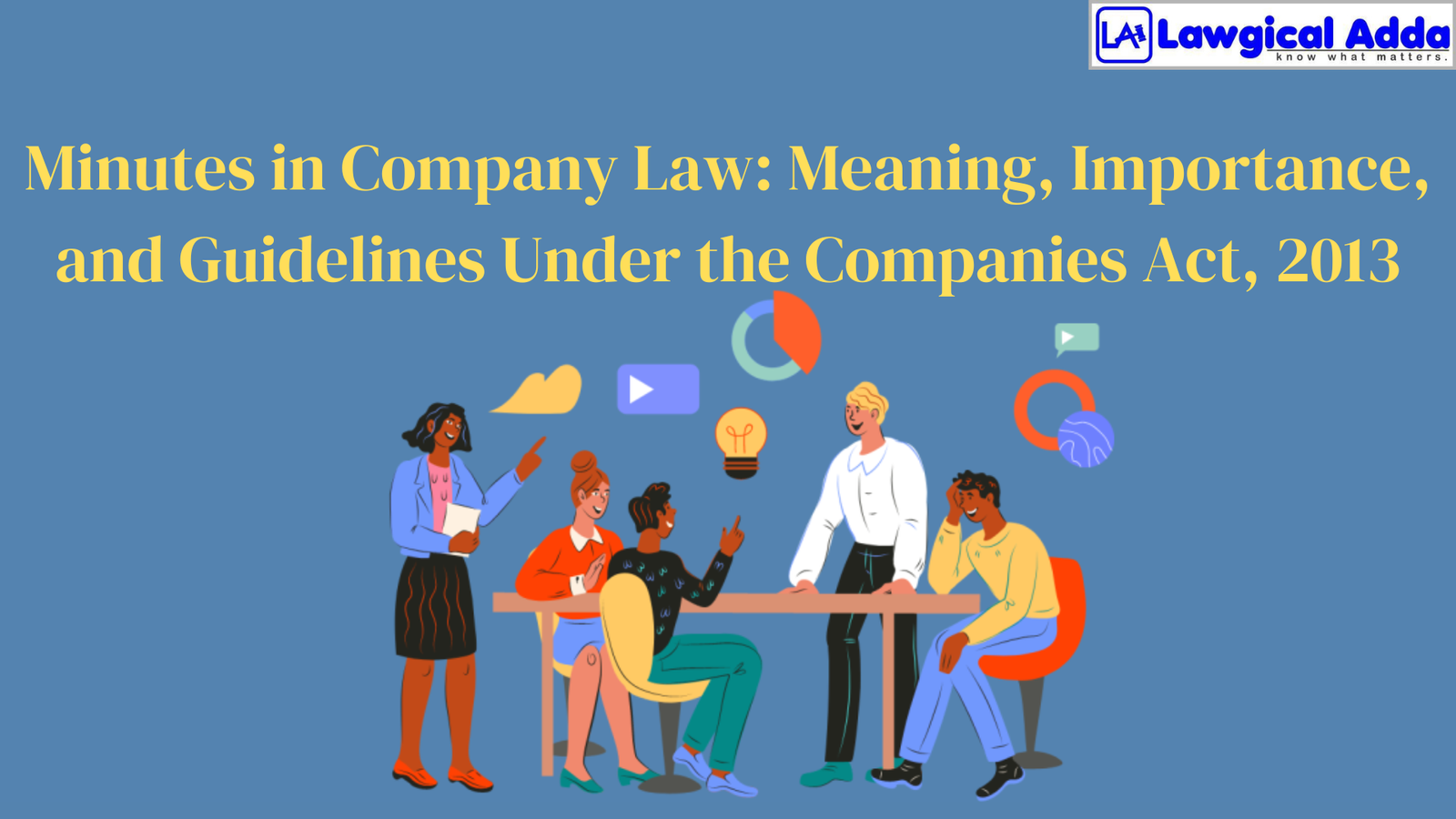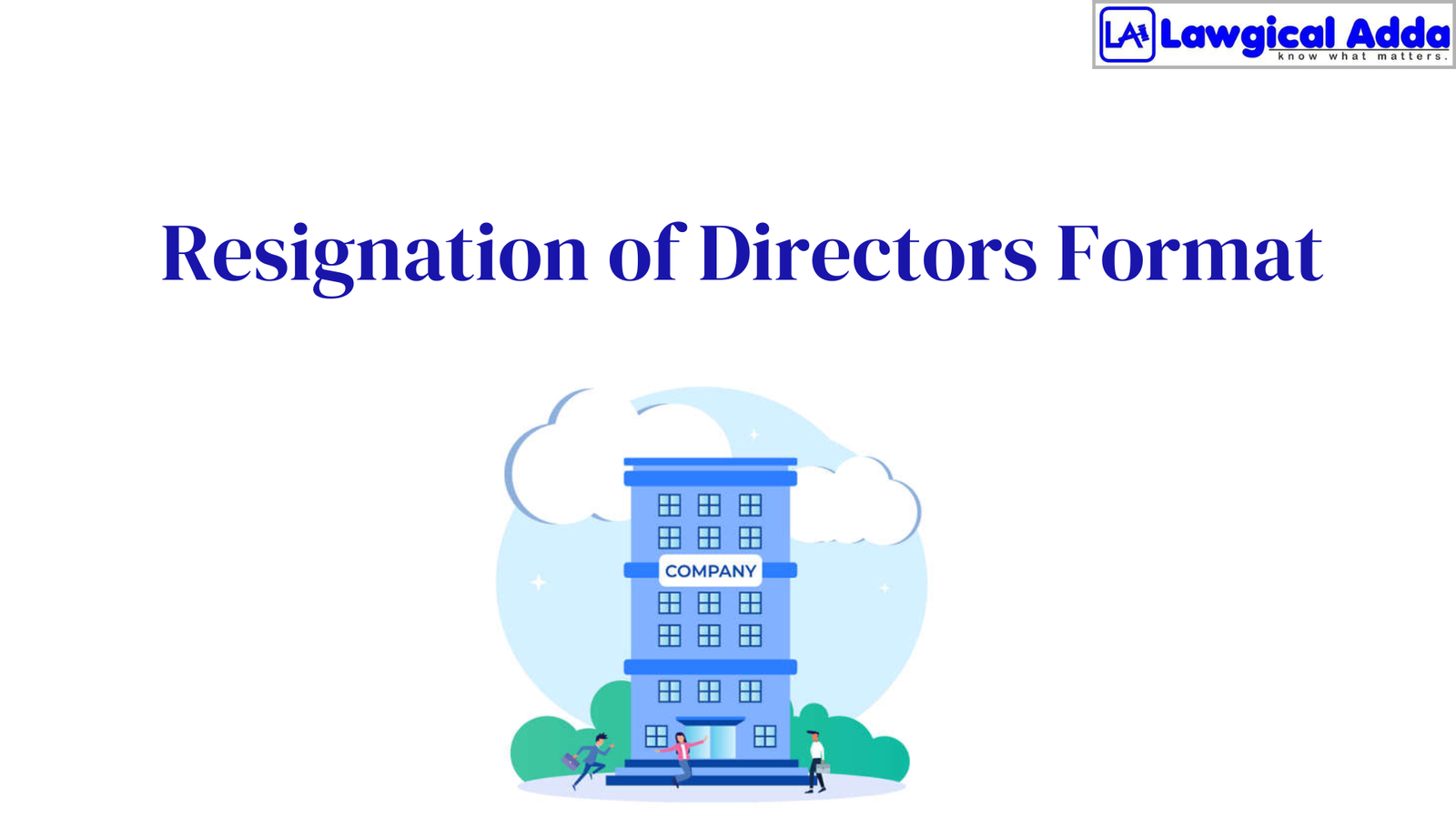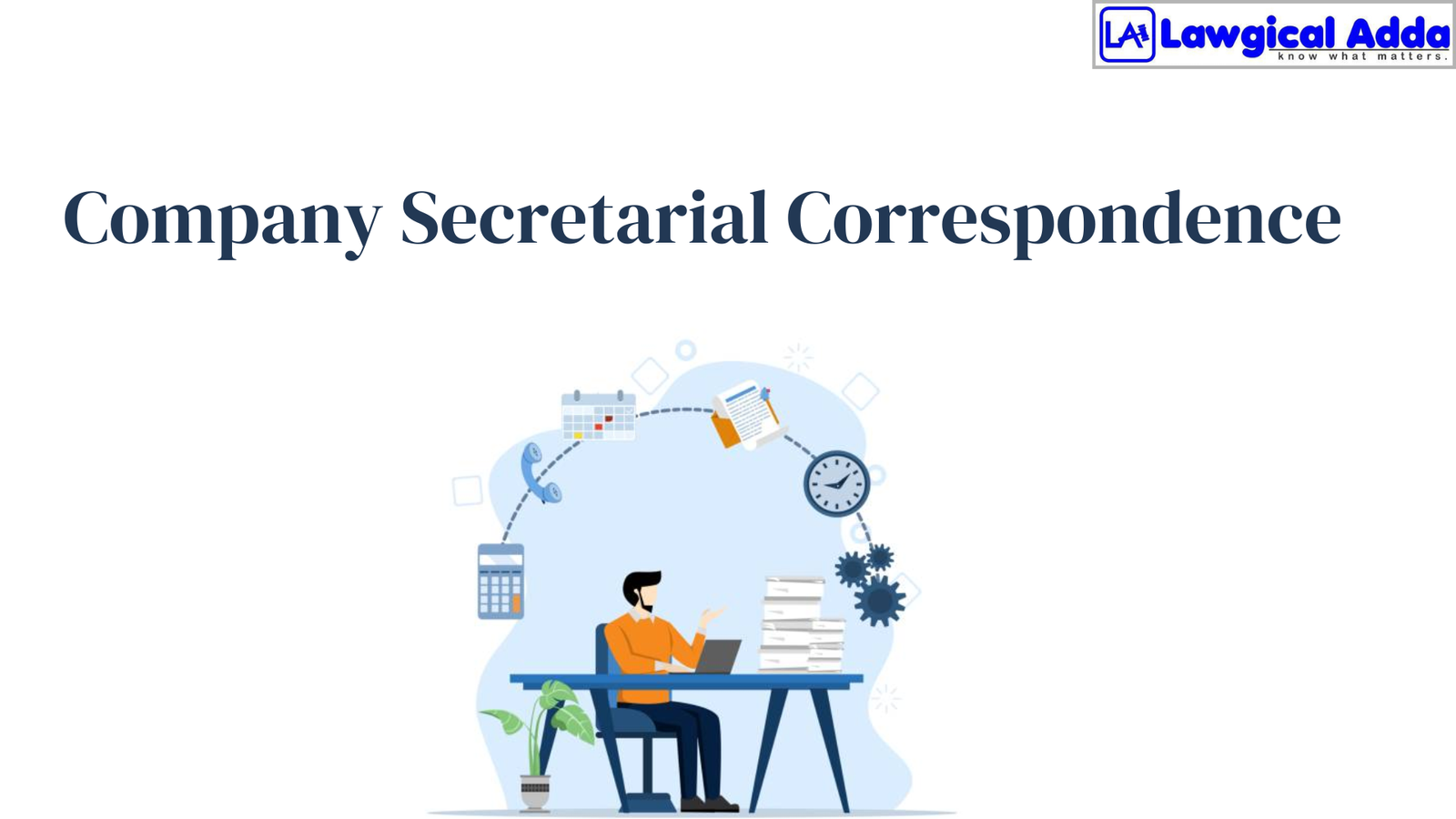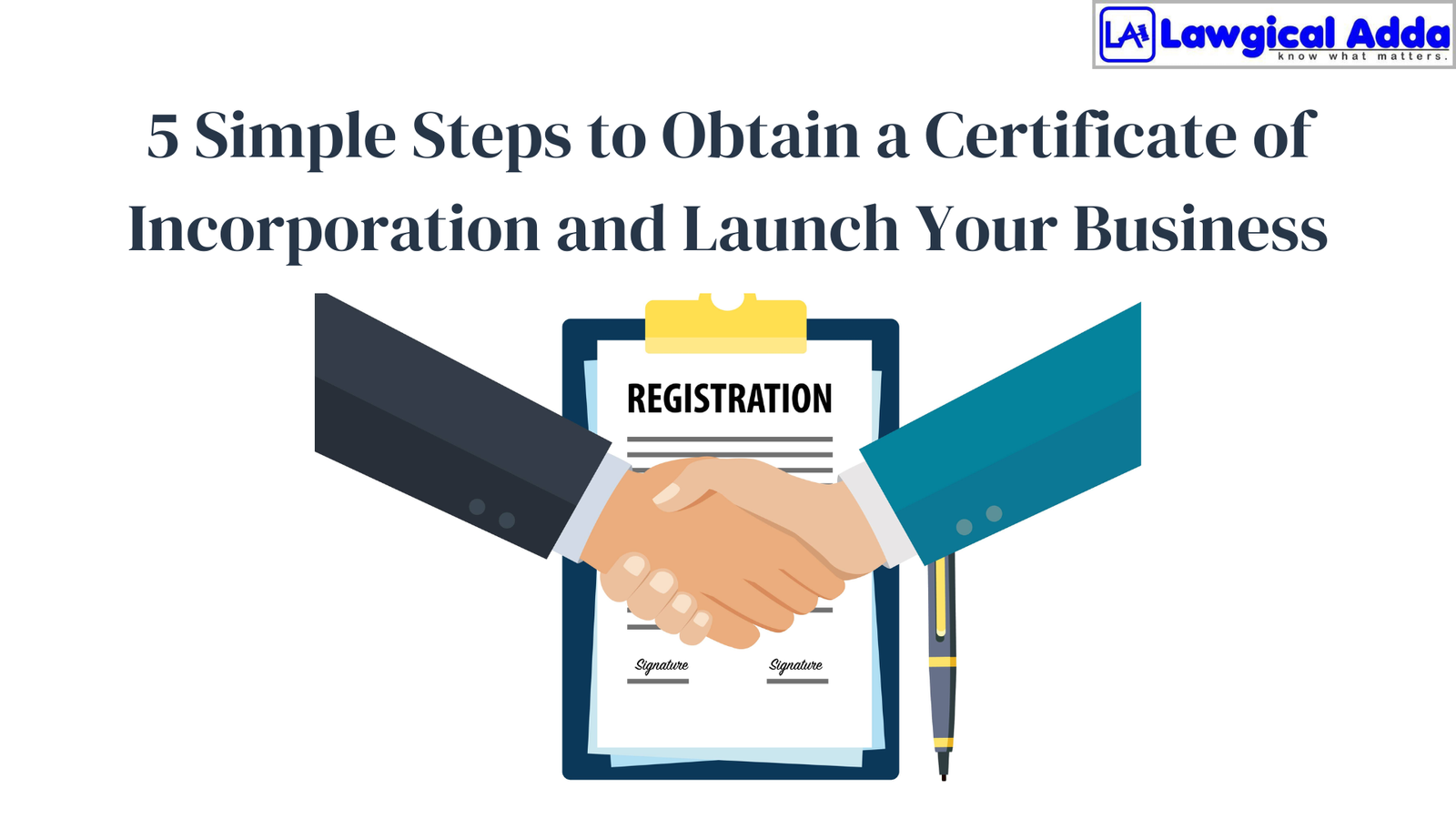Minutes in Company Law: Meaning, Importance, and Guidelines Under the Companies Act, 2013

Table of Contents
Introduction
A company is a formal organization that conducts formal business. All meetings, conversations, and transactions that could impact a member’s interests must be documented.
These accomplishment records make it easier to follow changes and advancements in the organization’s operations. Meeting minutes are notes or suggestions made during company meetings. They contain excerpts from the discussions.
What are the Meeting Minutes?
The definition of Minutes of the Meeting under the Companies Act of 2013 is a “record containing the proceedings of a meeting.” The company secretary or any other individual designated by the board of directors prepares the meeting’s minutes.
The minutes provide a formal record of the decisions and actions taken during the meeting. The minutes of a meeting (MoM) document the significant debates, choices, and actions.
This document is crucial because it is a record of the choices and actions taken at the meeting. The talks and choices made during the meeting are briefly documented in the minutes.
Contents of Meeting Minutes
The well-organized minutes of the meeting include the meeting’s date, time, and location, the attendees’ names and positions, the agenda items discussed during the meeting, the discussions and decisions made regarding each item.
It further includes the reasons for the decisions made, the action items and the people in charge of carrying them out, and any other topic discussed during the meeting.
It serves as a guide for upcoming meetings, encourages openness in the decision-making process, and gives stakeholders a clear grasp of the conversations and choices made during the meeting.
Writing Meeting Minutes: A Process
After the meeting, the person responsible for recording the minutes should have all the materials required to write them up understandably and professionally.
Here are some pointers to think about:
- Compose the minutes after the meeting in your own time. This will allow you to recall every meeting detail clearly.
- Examine the previously produced outline and make any required changes. This could entail providing more details or elaborating on some of the points brought up.
- Additionally, confirm that all decisions, actions, and motions were adequately documented.
- Edit the minutes to make sure they’re concise but understandable.
- Distributing the minutes of the meeting
- The secretary is expected to distribute the minutes to the group members after he has finished drafting them. They can be distributed via cloud storage or the Internet.
- Using a paperless sharing technique could be better because minutes and other papers can involve a lot of material.
For instance, the minutes recorder might consider using Google Docs, which allows users to share documents online, instead of Microsoft Word, which does not allow online sharing, to document the minutes.
The recorder also intends to save a copy of the meeting minutes for later use.
What should be left out of meeting minutes?
The clause clearly states that the following cannot be mentioned in the minutes of the meeting;
- Anything harmful to the interests of the company, content that is reasonably defamatory, or content that is irrelevant or immaterial to the proceedings.
- For the purposes described above, the Chairman may exercise oblivious discretion in deciding whether or not to include any particular content in the Minutes.
- Formal transactions and interactions are part of every organization and can impact other members’ interests.
As a result, ideas outlined in documents like meeting minutes give all members, directors, and other interested parties clarity regarding the company’s advancements and operations.
If you need assistance with Converting an LLP into a Private Limited Company, registering a Section 8 Company, Public Limited Company, or Private Limited Company, or need assistance with checking company name availability,reach out to Lawgical Adda for expert guidance. Contact us today!
Lawgical Adda’s solution provides end-to-end management of corporate governance and secretarial compliances, encompassing every phase of the entity life cycle. Don’t hesitate to get in touch with us if you want more information on the compliance standards and to outsource them to us.







